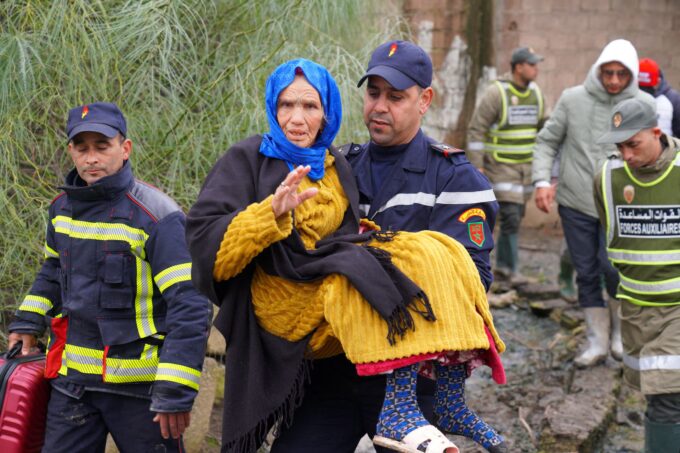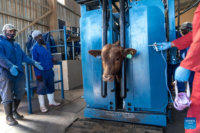Young South Africans are facing one of the toughest financial realities in recent history, with unemployment among those aged 18 to 24 reaching a staggering 62.4 percent. For many, the idea of saving money feels out of reach as everyday living costs continue to climb, leaving little room for long-term financial planning. The latest Standard Bank Youth Barometer highlights that most young earners in South Africa are battling just to make ends meet, with their salaries barely covering basic needs such as food, transport, and rent. As a result, saving for the future has become a luxury rather than a habit, and many are trapped in a cycle of survival that makes it difficult to plan beyond the next paycheck.
Beyond the financial constraints, there is also an emotional burden tied to money management. Many young people experience what experts call “money shame”, a deep sense of inadequacy and fear about their financial situation. This often prevents them from taking even small steps toward better money habits. Instead of confronting financial challenges head-on, they withdraw, creating a cycle of avoidance that worsens over time. However, experts argue that the earlier young people begin to engage with their finances, even through modest efforts, the easier it becomes to build long-term stability and confidence.
Financial experts emphasize that the first step is to reframe how young people think about money. Earning an income should not only be viewed as a means to survive but also as a way to build assets that generate future income. This mindset shift encourages individuals to view saving and investing as essential purchases that secure their independence. Even for an 18-year-old just entering the workforce, automating a small portion of their income into savings or investments can set a foundation for financial freedom later in life.
Still, the economic reality for many South Africans makes this easier said than done. High inflation and stagnant wages mean that even small savings can feel impossible. Yet, financial advisors recommend focusing on small, manageable goals rather than perfection. Starting with an automated transfer of even a few rand into a savings account builds momentum and creates a sense of progress. Over time, these small actions compound into meaningful financial change.
The social pressures surrounding spending also play a major role. In an age dominated by social media and visible displays of wealth, young South Africans often feel compelled to spend to fit in or project success. This “peer-moulding” effect means that spending habits are often influenced by friends, family, and online trends. Unfortunately, big spenders are rarely big savers, and this culture of consumption undermines long-term financial security. But the same social influence that drives overspending can be used positively. By normalizing financial conversations among peers and promoting saving as a visible and aspirational behavior, communities can create a culture of financial empowerment.
The weight of financial stress is also undeniable. A recent study found that 70 percent of South Africans worry about money daily, showing how deeply this issue affects mental well-being. Many young people rely on short-term financial fixes such as credit cards and buy-now-pay-later schemes, which only lead to mounting debt. To avoid falling into these traps, financial experts recommend two essential steps: building a simple budget to track spending, and identifying areas where costs can be reduced without compromising personal values.
While the traditional advice to “save 20 percent of your income” may be unrealistic for most young workers, what matters most is consistency. Even small contributions to a savings account can make a difference. South African banks now offer entry-level savings products with low deposit requirements and reasonable interest rates. Other options like RSA Retail Bonds provide government-backed security for medium-term savings, while digital investment platforms have opened up low-cost access to the stock market. Additionally, community savings groups, known as stokvels, remain a trusted and effective way to build financial discipline and support collective goals.
Ultimately, building a better relationship with money begins with financial literacy and discipline. Spending less than one earns and using the difference to buy income-generating assets is the cornerstone of financial independence. This principle, if adopted widely, could empower a generation to break free from cycles of dependency and debt. Experts argue that practical financial education should start early, both at home and in schools, to equip young people with the tools they need to make smart money decisions.
As World Savings Day approaches, the message is clear: young South Africans don’t need to save perfectly, but they do need to start. Even small, consistent actions can make a lasting difference. Start with what you have, automate your savings, and let time work in your favor. Building wealth is not about big leaps but small, persistent steps that move you closer to financial freedom.














Leave a comment